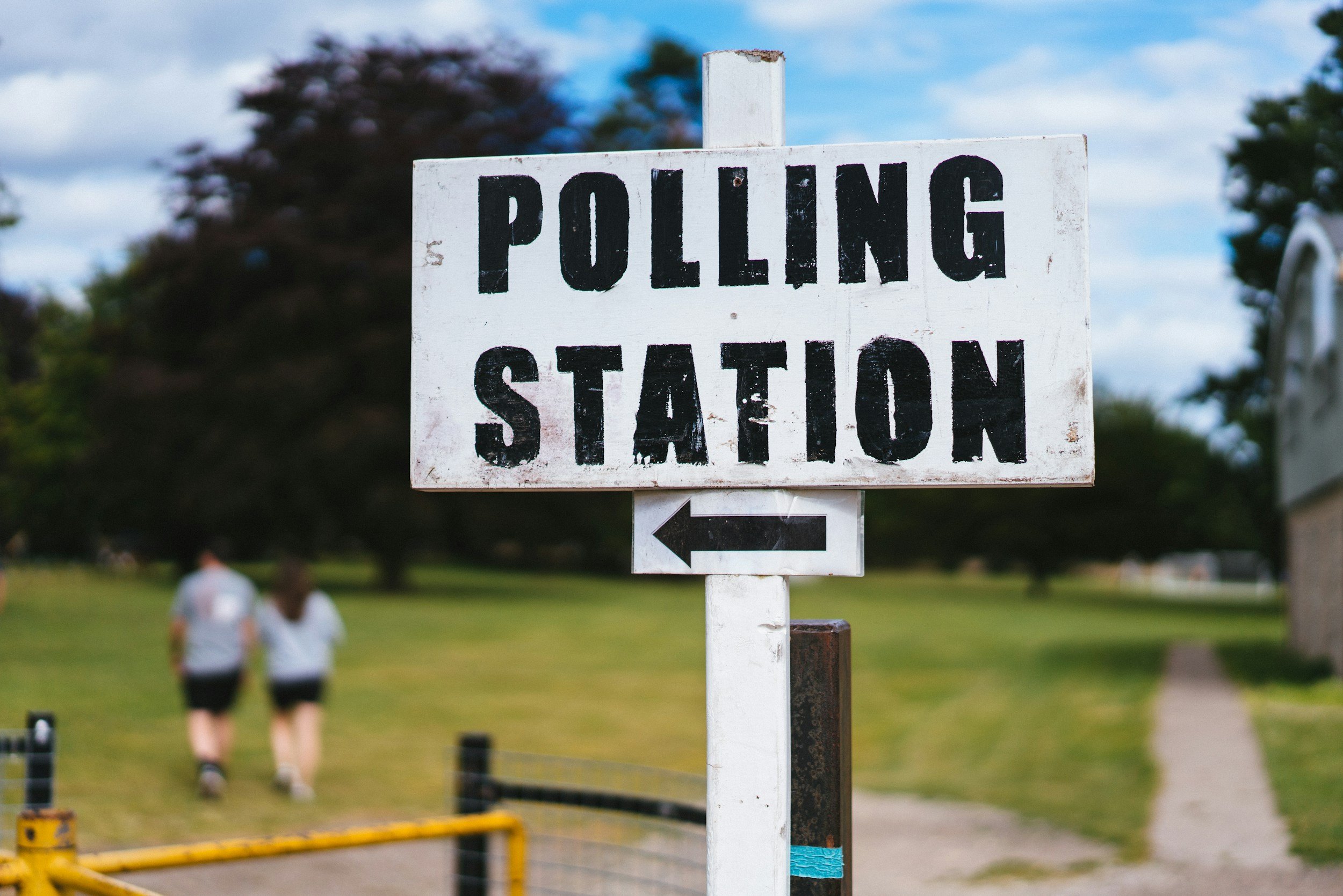
Local Democracy in America
Judging by rates of turnout and contestation in mayoral races across the roughly 2,500 municipalities examined in this study, it seems safe to conclude that there is room for improvement when it comes to the health of local elections in the United States. While turnout varies considerably, across the more than 10,000 mayoral races we investigated, it averaged only 43 percent, and almost half of all races (48%) were unopposed. Though these statistics seem rather pessimistic, our study confirms prior research, which finds that the most powerful predictor of turnout in mayoral elections is when the election is held . We find that irrespective of size or location, municipalities with off-cycle elections have turnout rates about 25 percentage-points lower than municipalities whose mayoral elections are concurrent with presidential elections. The good news then, is that a very promising means by which to significantly increase turnout in local elections is not only quite simple, but also clearly within the province of policymakers: changing the election date.

Spotlighting the Economy
In this article, “Spotlighting the Economy: Media Coverage and Mayoral Evaluations,” Burke shows that local newspapers are opinion leaders in the cities that they serve. I demonstrate that local newspapers help citizens hold their local governments accountable for economic performance. While a great deal of political science research has found that Americans hold their national government accountable for economic performance, only recently have scholars begun to examine the relationship between economic performance and citizens’ support for their city governments.

Mayors Unchecked
This article contributes urban politics literature on local democratic practices by studying mayors in one region of the world – Latin America – who in the last couple of decades have gained more prominence as political actors. This is primarily because decentralization as a popular trend has given local governments much more power, authority, and responsibility. In many cities across the region, we can point to mayors who have used their authority to do important things, including opening the budget to new forms of participation and providing services that are tailored to local priorities. In this article, however, we emphasize the opposite problem: mayors who govern using informal political practices that might be characterized as undemocratic.

Compact City and Mayoral Entrepreneurship
The “compact city” is one of the key responses of urban policy for tackling the pressing challenges that cities are facing, such as environmental sustainability, economic viability, and social cohesion. Nonetheless, understanding Japan's compact city policies requires considering the historical trajectories of past events and decisions made by policymakers.

Mayors, Partisanship, and Redistribution
In the face of federal and state intransigence, progressive policy advocates have increasingly looked to cities for innovative and aggressive redistributive policy. Recently promulgated local policies tackling issues like minimum wage and sick leave policies offer some preliminary evidence that urban governments are important players in this policy arena. Given their direct and indirect powers at the local level, mayors naturally play a salient role in pursuing these policies through agenda setting and other means. Despite mayors’ centrality in these issues, prior studies of local redistribution have not focused on their prioritization of redistributive policy and efforts to put it on the agenda.